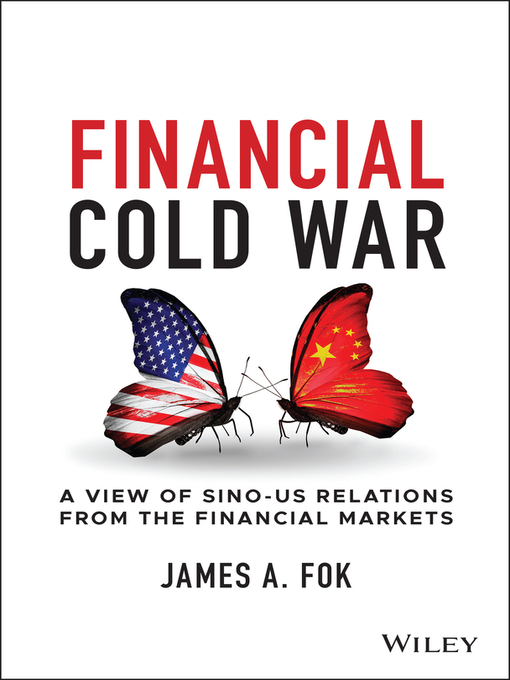A groundbreaking exploration of US-China relations as seen through the lens of international finance
Rising tensions between China and the United States have kept the financial markets on edge as a showdown between the world's two largest economies seems inevitable. But what most people fail to recognise is the major impact that the financial markets themselves have had on the creation and acceleration of the conflict.
In Financial Cold War: A View of Sino-US Relations from the Financial Markets, market structure and geopolitical finance expert James Fok explores the nuances of China-US relations from the perspective of the financial markets. The book helps readers understand how imbalances in the structure of global financial markets have singularly contributed to frictions between the two countries.
In this book, readers will find:
Financial Cold War is a can't-miss resource for anyone personally or professionally interested in the intersection of economics and international relations, financial markets, and the infrastructure underlying the international financial system.

